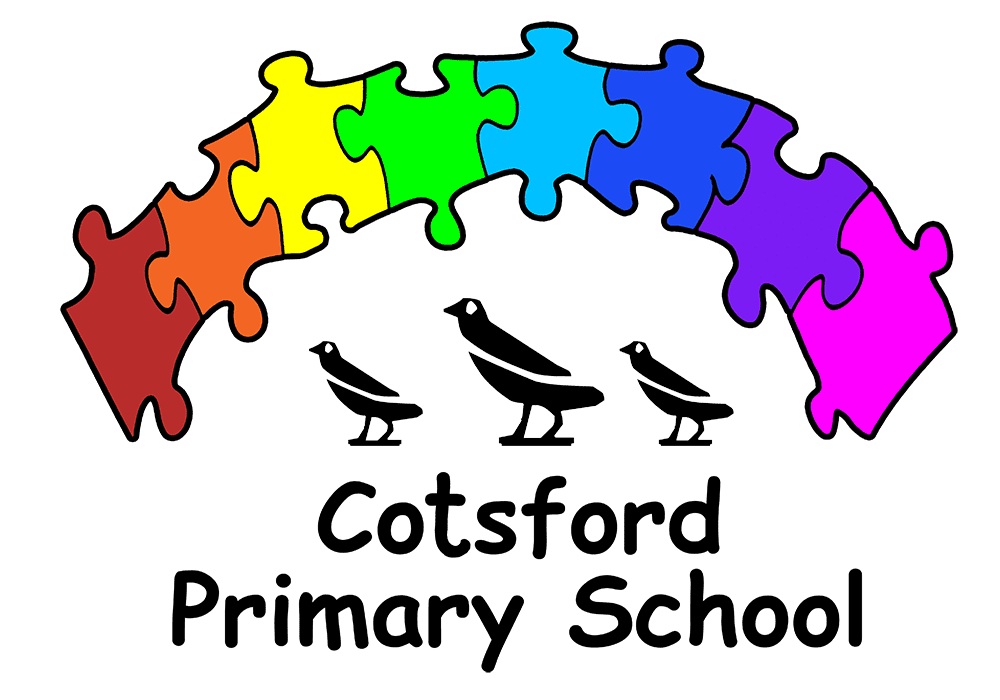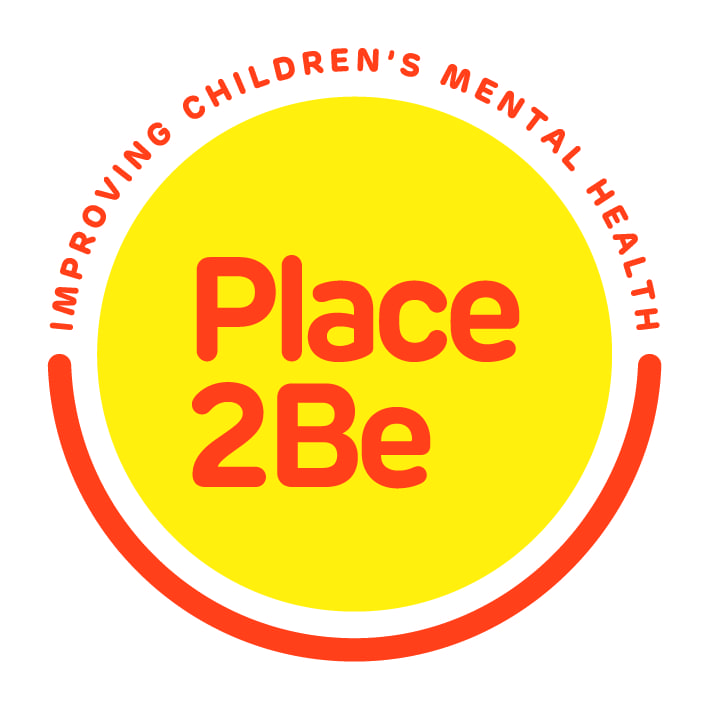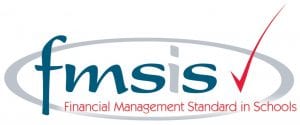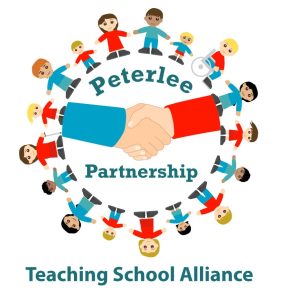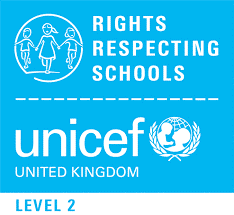SENCO and SEN Staff
Our SENCO is Mrs Rachel Cook and our 2nd SENCo is Miss Lyndsey Hutton.
More details of the SENCO’s role can be found in the SEN Policy which you can find in the School Policies section of our website.
External Specialists and Other Bodies
The school enjoys good working relationships with a wide range of people who provide services to children with SEND and their families.
The external specialists may:
- Act in an advisory capacity
- Extend expertise of school staff
- Provide additional assessment
- Support a child directly
- Suggest statutory assessment is advisable
- Consult with all parties involved with the child
These include:
- Durham SEND Information, Advice and Support Service
- School Nurse
- Speech and Language Therapy
- Behaviour Support
- CAMHS
- One Point
- Educational Psychology Service
- Occupational Therapy
- Sensory Worx
- EWEL
- Crisis Response
- Parent Support Advisor – Karen Harrison
- Cognition and Learning
- Autism & Social Communication Team
- Place 2 Be including their Educational Psychologist
How We Secure Specialist Expertise
Our Additional Needs Budget is used to support children and young people with SEN. We also contribute towards our Community of Learning budget to increase the capacity to support our most vulnerable children.
This is used to support children and young people with SEND by:
Our notional budget for SEND has been allocated to provide adults who can undertake specific 1:1 and small group support in areas such as intensive interventions (reading; phonics, handwriting, Speech & Language, times tables), improving social and communication skills (Getting Along, Talk About, Lego), and other additional academic or pastoral support.
This support always takes place with the full involvement of both children and parents.
Elements of this funding is also used for the provision of appropriate resources which children with additional learning needs may find beneficial, and training which supports individual or all staff.
Staff have recently taken part in the following training opportunities Adverse Childhood Experiences (ACE’s) & Trauma Informed Approaches, Zones of Regulation, enabling Oracy rich environments, Questioning to Challenge and Support, Team Teach, Autism Awareness, Sensory Processing, Pathelogical Demand Avoidance (PDA), Dyslexia Awareness, Colourful Semantics, Sensory Circuits and Cognitive Load & Working Memory to support vulnerable children with specific difficulties.
If a child has complex special educational needs, we could also receive additional funding from the Local Authority to meet the agreed outcomes.
